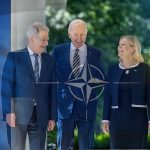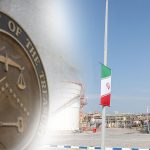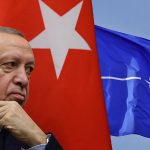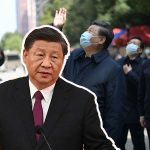NATO Might Be Happy With Turkish Geopolitical Growth In Central Asia
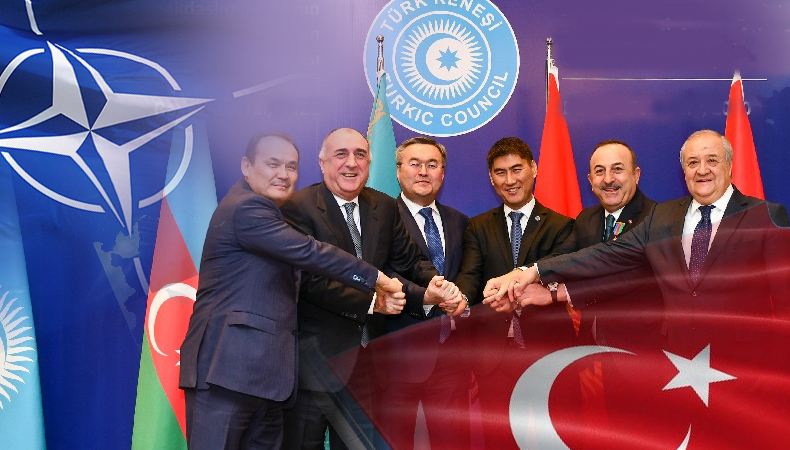

In 2009, Turkey had already gone ahead and established the Organisation of Turkic States (formerly the Turkic Council). It was possibly on the lines of NATO; a sore point for Erdogan forever.
Today, the bloc’s five members (Azerbaijan, Kazakhstan, Kyrgyzstan, Turkey and Uzbekistan) and two observer states (Turkmenistan and Hungary) are home to some 170 million people and an aggregate GDP of $1.5 trillion. But Russia has already made its presence felt at Tajikistan, Turkmenistan- both former Soviet Union states.
The summit of Caspian nations would have Russia as its special guest. With trade relations threatened after the Ukraine war, Russia is now looking at moving elsewhere to re-build its trade bonds. But Turkey isn’t deterred; and this is going to be advantageous for NATO too.
Related Posts
If it wishes to keep the Russian-Chinese influence in control, getting the Turkish power to reign in full might just be a winning decision after all. So, NATO plans to observe the developments in Central Asian geopolitical relationships.
Turkey has been short of fuel. It earlier did depend on Russia for its supplies. But building its bonds with Azerbaijan or developing the Kazakhstan-Iran-Turkey train route are simple ways to show its friendship in return for fossil fuel resources.
A crucial element of that vision is reviving the Zangezur corridor that introduces a train link across Armenian territory that would connect mainland Azerbaijan to its exclave of Nakhchivan, bordering Turkey. This would give Ankara a gateway to the Caspian basin and one of the faster routes to Central Asia and China, offering huge economic and energy potential and the opportunity for significant Belt and Road Initiative (BRI) investment.




